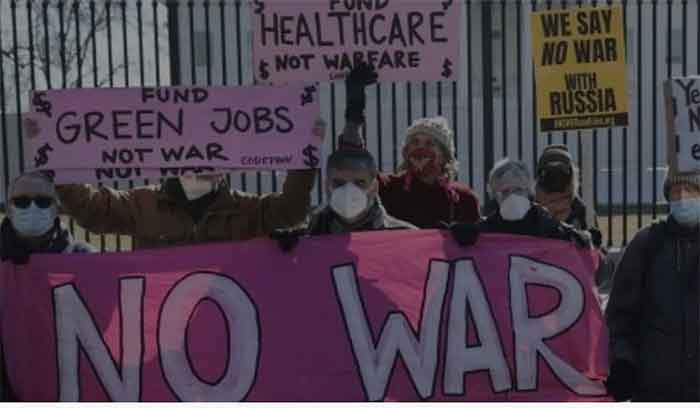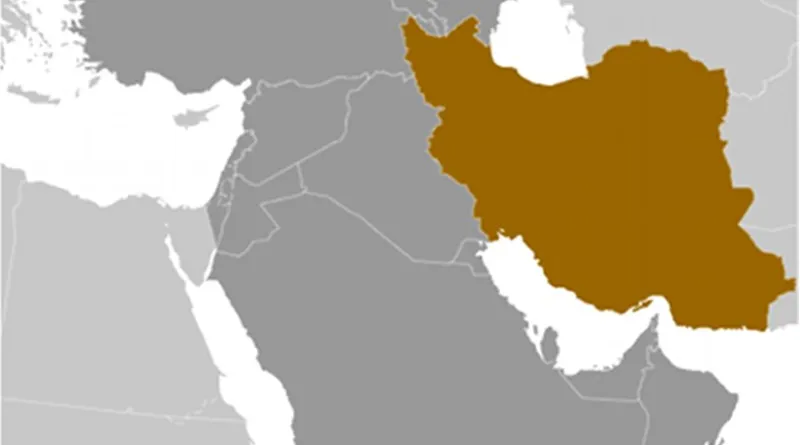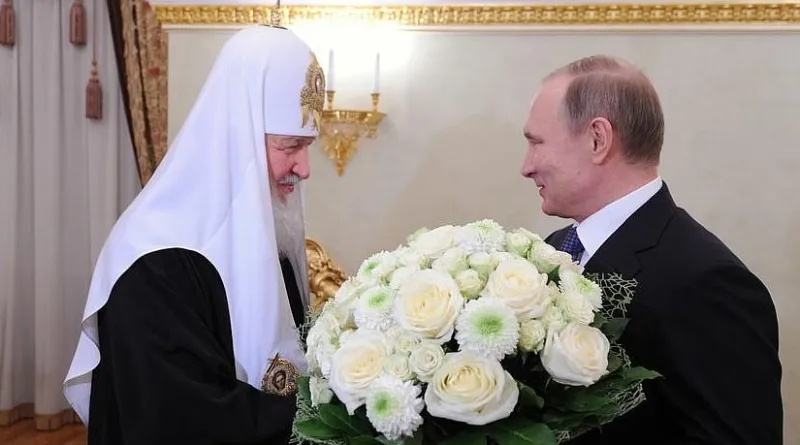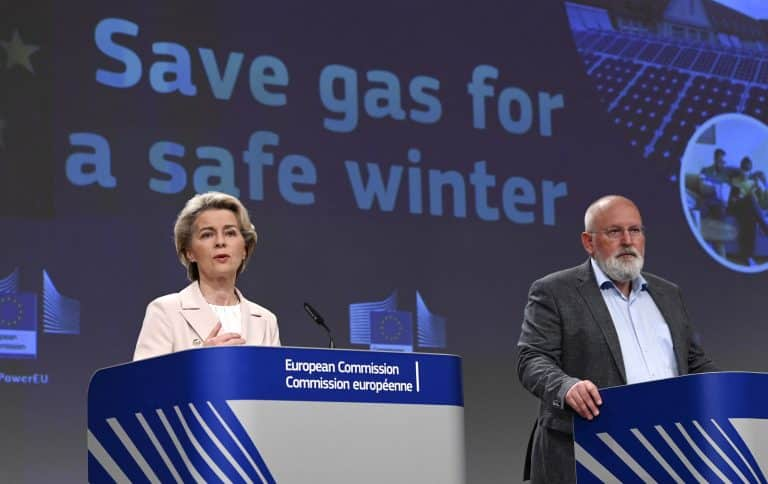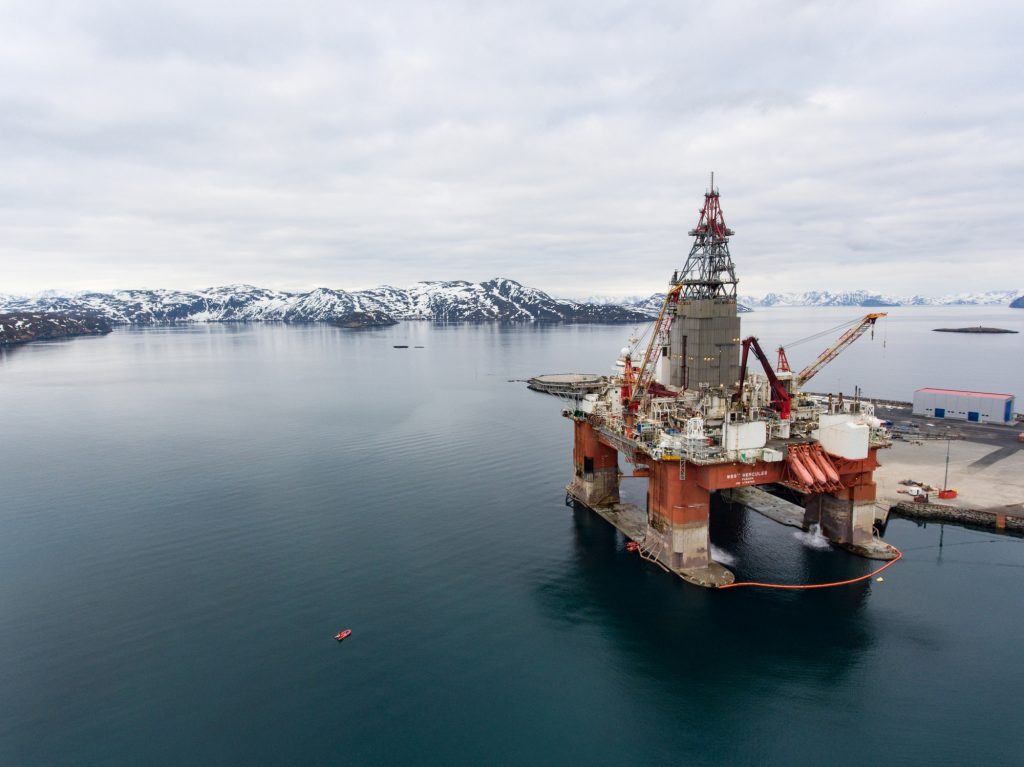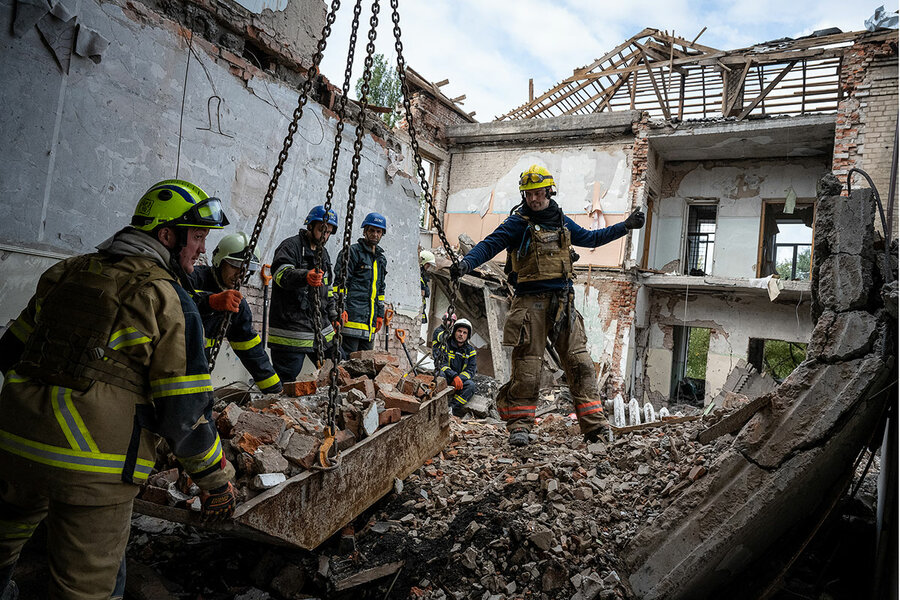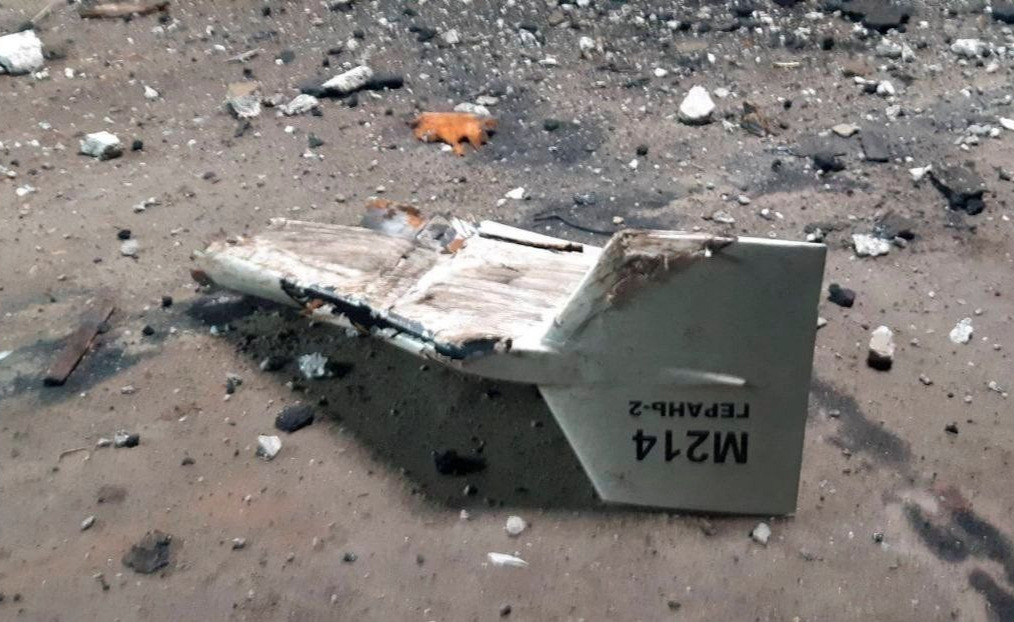Egypt freezes Russian MIR payments to avoid US sanctions
Acceptance of MIR bank cards would have eased Russian tourists’ payments inside Egyptian hotels and resorts.
Egypt has shelved plans to apply the Russian MIR payment card system in its resorts and hotels amid worries of possible US sanctions, according to a source at Egypt’s largest state-owned bank.

